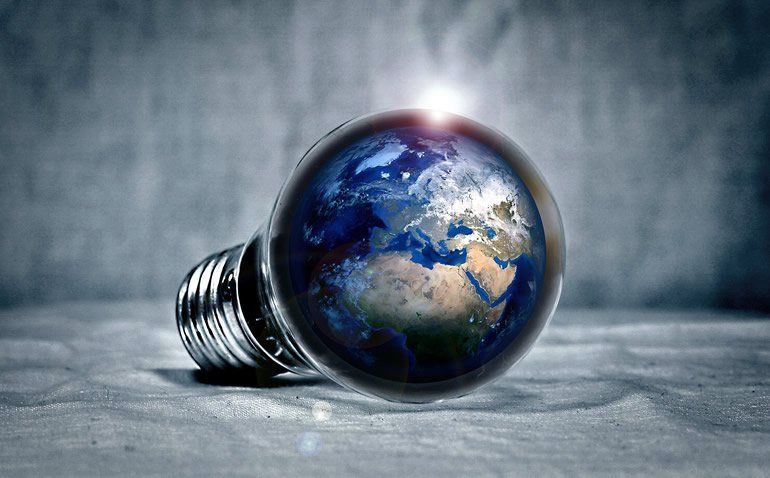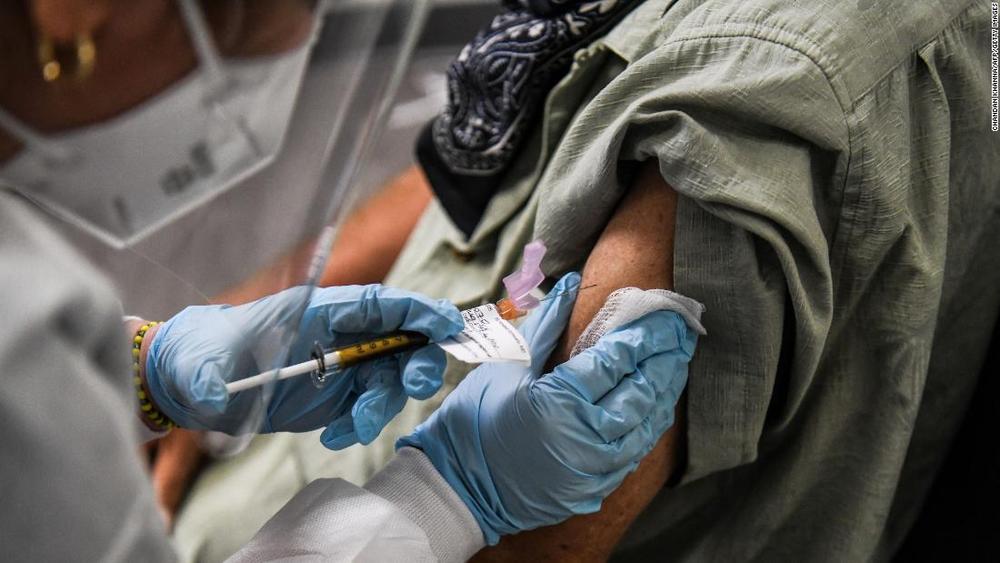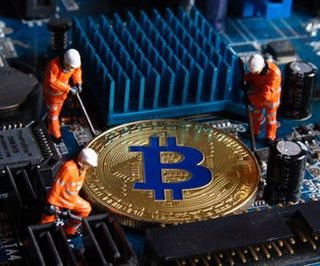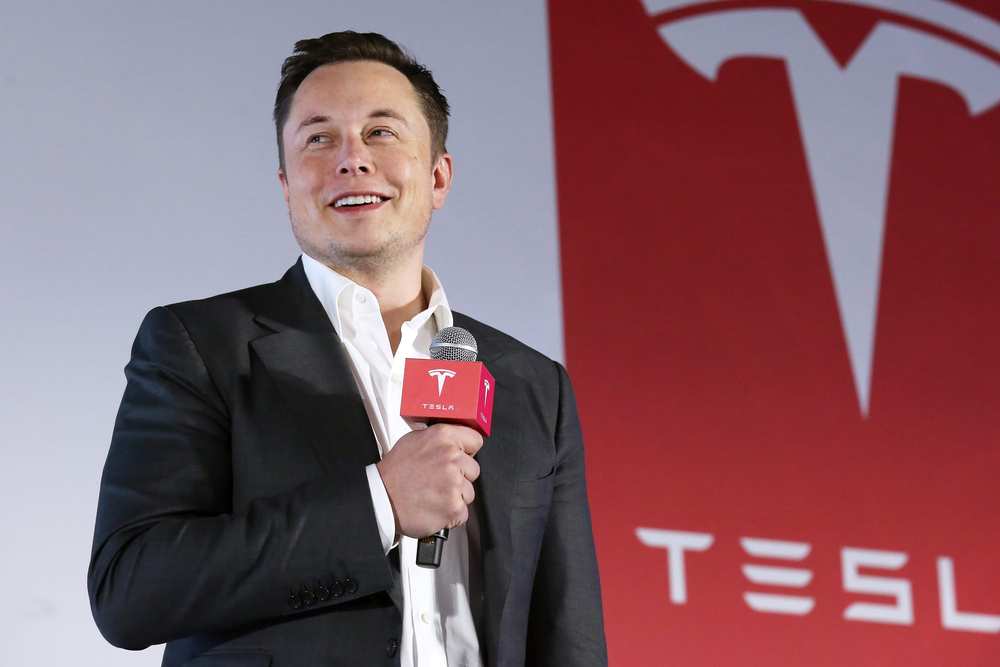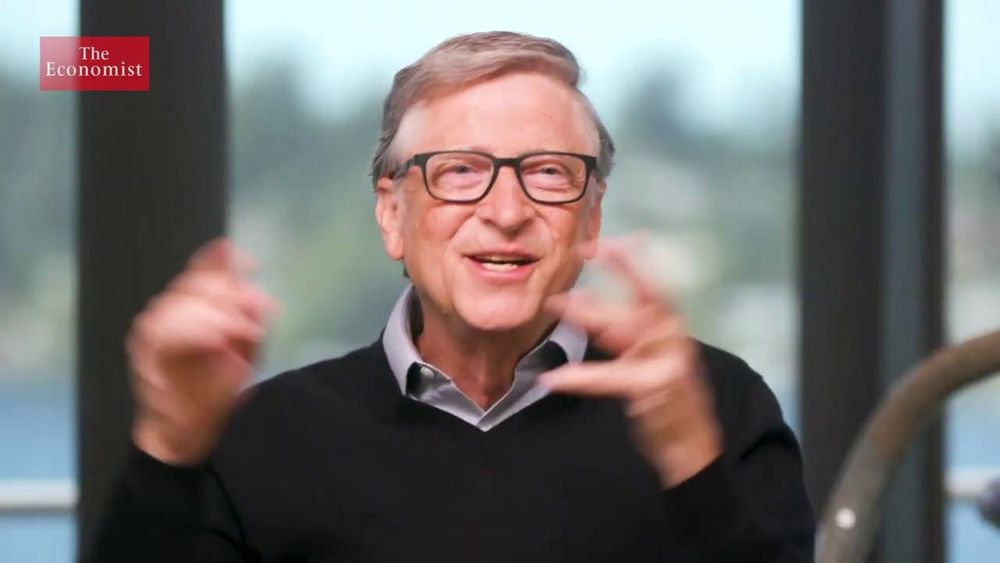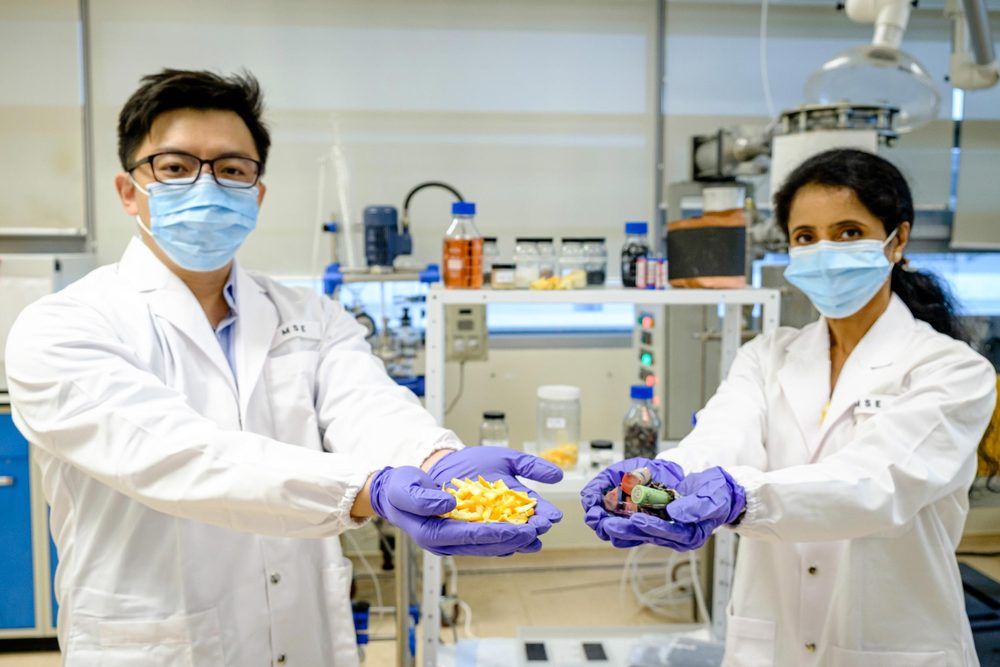Sep 7, 2020
Epidemics Are Often Followed by Unrest
Posted by Genevieve Klien in categories: biotech/medical, economics, policy
Summary: Lessons from other historic pandemics show social tension accumulated throughout epidemics lead to significant episodes of rebellion.
Source: Bocconi University
If you have not been hearing much of the French Gilets Jaunes or of the Italian Sardines in the last few months, it’s because “the social and psychological unrest arising from the epidemic tends to crowd-out the conflicts of the pre-epidemic period, but, at the same time it constitutes the fertile ground on which global protest may return more aggressively once the epidemic is over,” writes Massimo Morelli, Professor of Political Science at Bocconi, in a paper recently published in Peace Economics, Peace Science and Public Policy.
